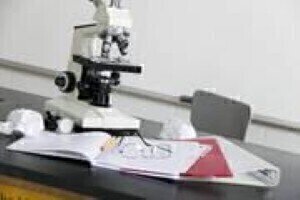Electrophoretic separations
Mini-doses of EPO and HGH could 'thwart the current anti-doping tests'
Jul 25 2012
Mini-doses of erythropoietin (EPO) and EPO-like drugs as well as human growth hormone (HGH) could thwart the current anti-doping tests at the Olympics, according to Don Catlin, a US drug expert at the University of California, Los Angeles (UCLA).
Mr Catlin recently spoke after a ScienceLive chat on "Science at the Olympics" which was hosted by Science Mag in the US. The renowned scientist founded the UCLA Olympic Analytical Laboratory, which is a performance-enhancing drugs testing site used by many major US sports committees.
As the London Olympic approaches, Mr Catlin spoke about his concerns going into the event and the technological improvements that have been made since previous events. He said his main concern "involves attempts to thwart the current tests by using mini-doses of EPO and EPO-like drugs and HGH".
Although it is impossible to tell the extent to which this form of doping is being used, there is some evidence that mini-doses of EPO may be avoiding positive test results. EPO aids athletes by producing extra red blood cells, and HGH increases strength.
Another concern is the use of a biological passport system. In practice the passports are very difficult to prove drug use, and they cannot rely on legitimate clinical studies. It also looks likely that in time, passports will result in more "defensible cases of doping".
Mr Catlin also talked about the BALCO files, saying: "The BALCO affair was exceedingly important because it proved, without doubt, that designer drugs, epitestosterone to normalize the testosterone-epitestosterone ratio, etc., was in fact going on.
"Eventually, it required a major change in the way we screen for anabolic steroids. Now we use liquid chromatography-mass spectrometers because it does not require derivatization."
The London Olympics is set to be the most extensive anti-doping campaign in history, with some 5,000 urine and blood samples taken this summer, which eclipses the 3,667 samples taken in Beijing.
Posted by Fiona Griffiths
Events
May 18 2025 Tempe. AZ, USA
May 21 2025 Birmingham, UK
Jun 01 2025 Baltimore, MD, USA
Jun 15 2025 Bruges, Belgium
Jul 14 2025 Kuala Lumpur, Malaylsia














